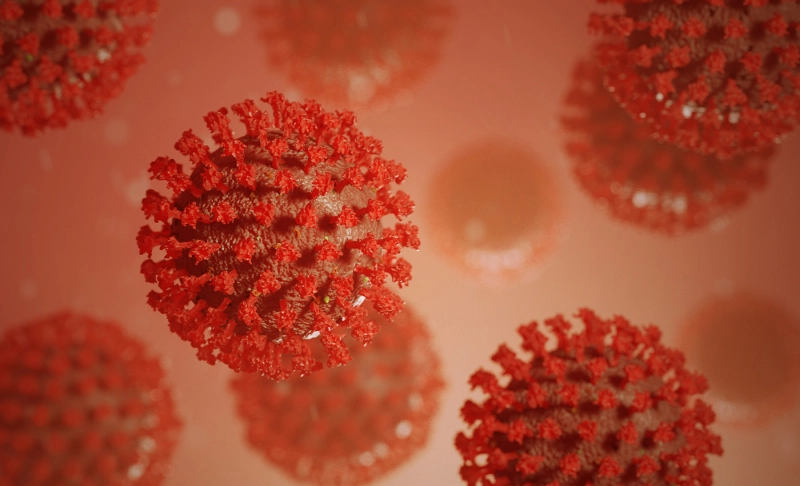By: Ranjini K
January 13 2022

Asthma and Allergy Foundation of America warns people that inhaling hydrogen peroxide can damage the lungs and does not treat or prevent COVID-19.
Asthma and Allergy Foundation of America warns people that inhaling hydrogen peroxide can damage the lungs and does not treat or prevent COVID-19.Some dubious treatments have entered the mainstream as a result of the pandemic. In one such alarming trend circulating on social media platforms such as Facebook and TikTok, people use nebulizers to inhale hydrogen peroxide to prevent or cure COVID-19. Following the trend on social media, the Asthma and Allergy Foundation of America issued a warning not to nebulize and inhale hydrogen peroxide to treat or prevent COVID-19. It would be risky, and it's not the most effective way to treat or prevent infection. The asthma group also states that a nebulizer is an asthma treatment used as a "breathing machine." It makes a mist out of liquid asthma medicine. The medicine is then inhaled through a mask or mouthpiece. It advises that only asthma medicine prescribed by a doctor should be used in a nebulizer. Other chemicals have the potential to injure the lungs. Hydrogen peroxide is a disinfectant that can clean surfaces such as windows, tables, doorknobs, handles, desks, toilets, faucets, and other surfaces. WHO also says that disinfectants can be used to wipe the surfaces. U.S. Today reports that hydrogen peroxide is commonly used as an antiseptic to treat minor cuts and burns. The Cleveland Health Clinic states that it is used as a stain remover and common ingredient in teeth whiteners. Agency for Toxic Substances and Disease Registry said if hydrogen peroxide is ingested, inhaled, or comes into contact with the eyes or skin, it can be toxic. Inhaling household strength hydrogen peroxide at a concentration of 3 percent can cause respiratory irritation. Inhaling vapors from solutions with a concentration of more than 10 percent can cause severe pulmonary irritation. Vomiting, moderate gastrointestinal irritation, gastric distension, and, in rare cases, gastrointestinal erosions or embolism (blockage of blood vessels by air bubbles) may occur after ingesting dilute hydrogen peroxide solutions. Similar symptoms are caused by ingesting 10-20 percent strength solutions, but exposed tissues may be burned. In addition to the above, ingestion of even more concentrated solutions can cause a rapid loss of consciousness followed by respiratory paralysis. Therefore, inhaling hydrogen peroxide can be dangerous even though used as a disinfectant. Furthermore, inhaling hydrogen peroxide is neither a preventative nor treatment for COVID-19. The COVID-19 pandemic has given rise to a lot of potentially dangerous misinformation. For reliable advice on COVID-19, including symptoms, prevention, and available treatment, please refer to the World Health Organization or your national healthcare authority.